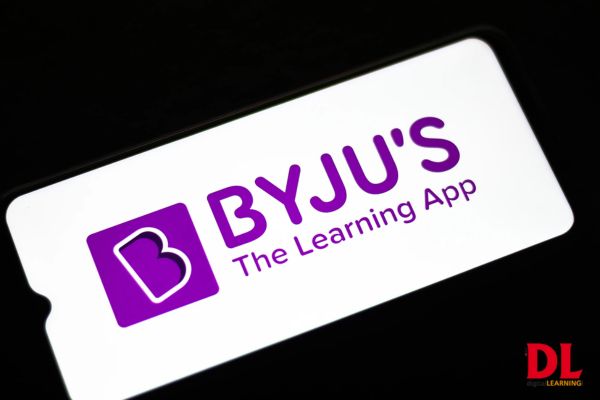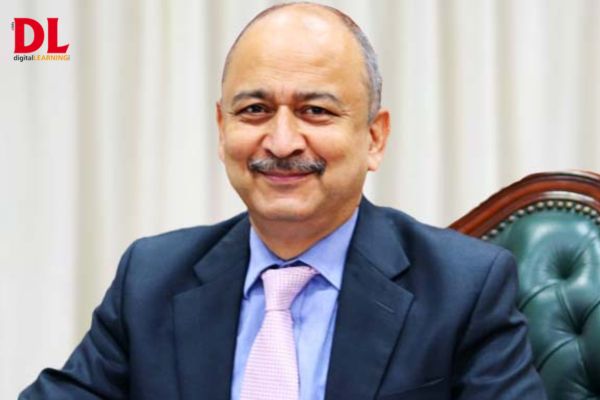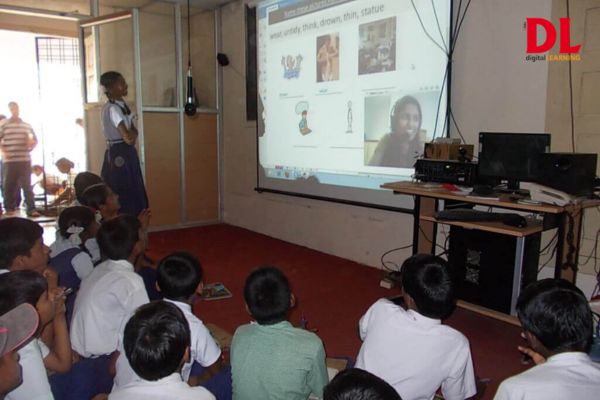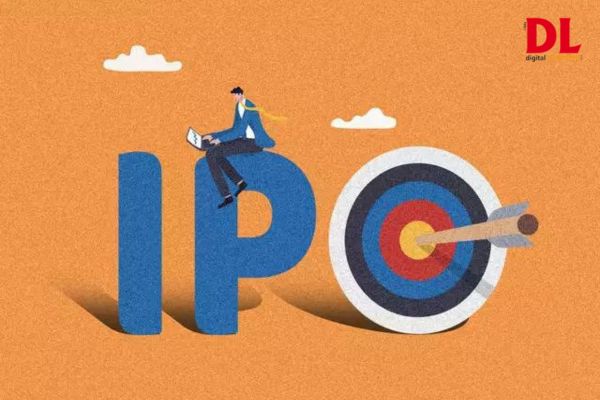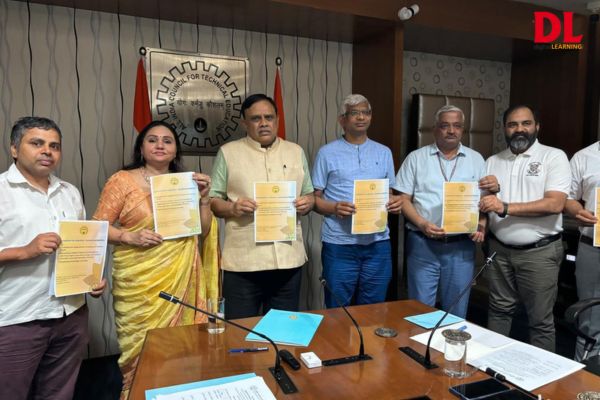Investment firm Prosus has announced the write-off of its 9.6% stake in the edtech company Byju, attributing this decision to a significant decline in value. According to the Naspers-owned firm, the decreased value for equity investors in Byju necessitated this financial move. This mirrors the broader sentiment among Byju’s financial backers, who now assess the company’s value at nearly zero.
In a recent stock exchange filing in the Netherlands, Prosus disclosed, “A fair value loss of $493 million was recognised in other comprehensive income in the current year.”
Prosus has invested approximately $500 million in Byju’s over the years. Its portfolio includes prominent Indian startups like Swiggy, Meesho, and Eruditus.
Over the past few years, Byju has faced a series of valuation downgrades from its early backers, including Prosus. Notably, the financial firm HSBC recently estimated that Prosus’s nearly 10% stake in Byju holds zero value.
Also read: Edu-tech platform Udemy raises Rs 371 cr in funding
This development follows Byju’s recent $200 million rights issue, which valued the company at $225 million—a stark 99% discount from its peak valuation of $22 billion. Consequently, Byju Raveendran, the company’s founder, has seen his net worth plummet to zero, as per the Forbes Billionaire Index 2024. Previously, his net worth stood at Rs 17,545 crore (approximately $2.1 billion).
Byju’s financial troubles have also led to significant departures at both executive and board levels over the past year. In October 2023, CFO Ajay Goel resigned, followed by India CEO Arjun Mohoan in April this year. Last month, advisory council members Rajnish Kumar and T V Mohandas Pai also stepped down.
Currently, Byju Raveendran manages the company’s day-to-day operations. He consolidates its business into three core divisions: The Learning App, Online Classes and Tuition Centres, and Test-Prep.
This write-off is not an isolated incident for Prosus. Last year, the firm marked down its $38 million investment in the buy now, pay later startup ZestMoney, which DMI Group later acquired in a fire sale.
Setbacks and ongoing legal and regulatory challenges have left Byju with a bleak outlook. For Raveendran and his team, the path to recovery appears uncertain and fraught with difficulties.







